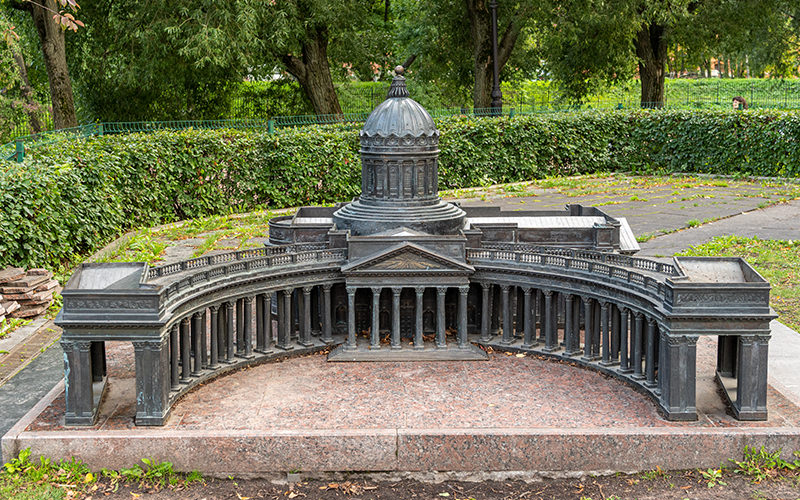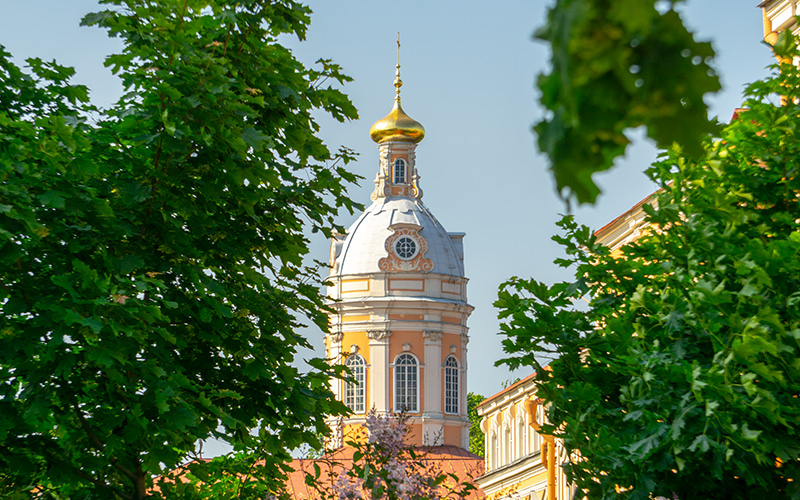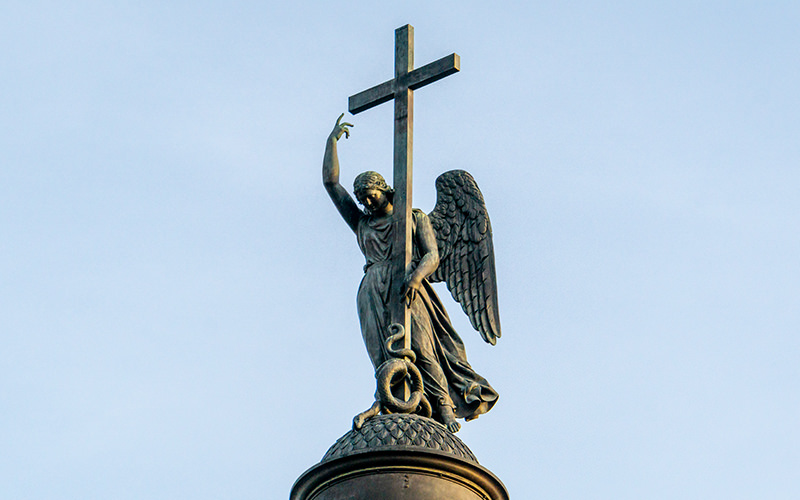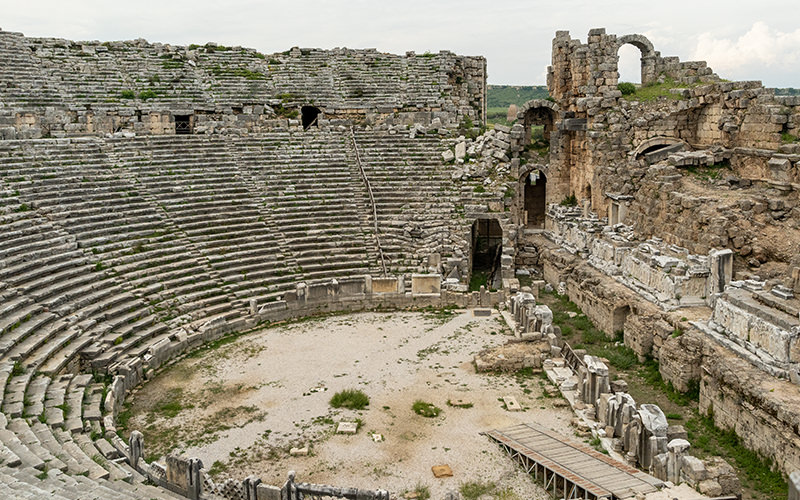Concluding the series of stories about the landmarks of Antalya, I want to share a tale of exploring the ruins of the ancient city of Perge. In this vast open-air museum, you can capture numerous fascinating photographs, and getting here is convenient by tram directly from the city center.
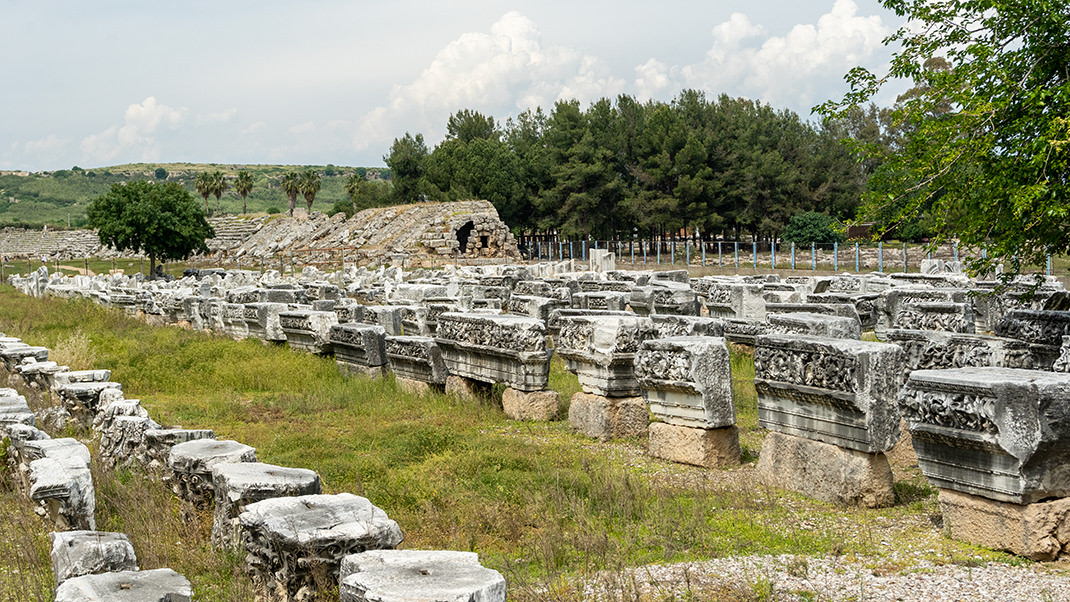
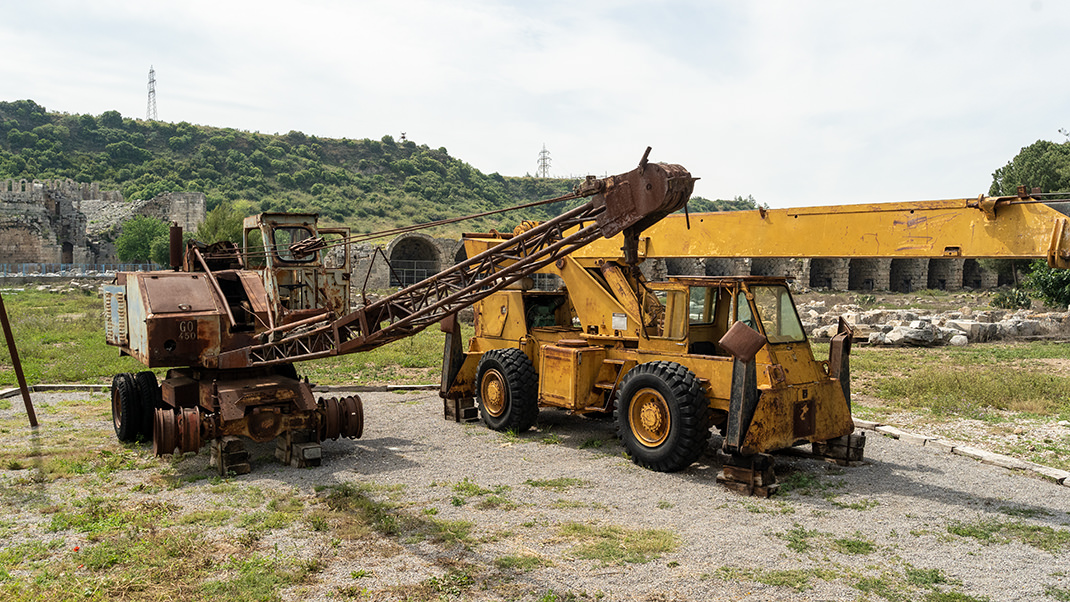
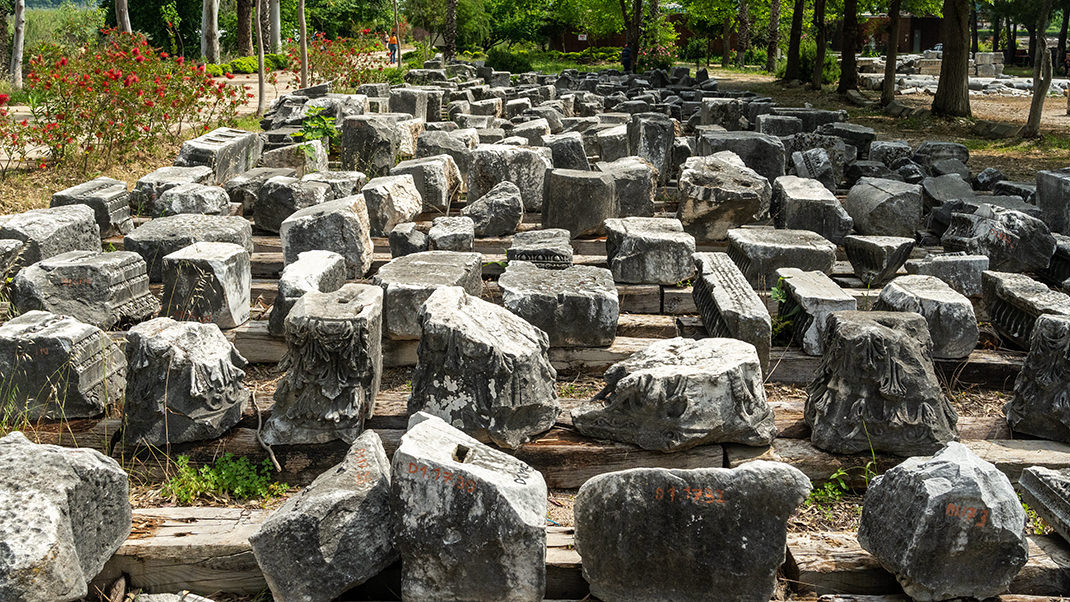
How to Get There
Antalya has two tram lines named T1, one is called T1A, and the other is T1B. The routes are nearly identical, both starting at the Fatih station. In the eastern part of the line, they diverge, with T1A heading to the airport and T1B stretching towards Perge. You'll need to get off at the Aksu stop. You can plan your trip on public transport using the Moovit app.
The walk from the stop to the museum entrance took me about 20 minutes. The entrance ticket cost 200 lira in the summer of 2023.
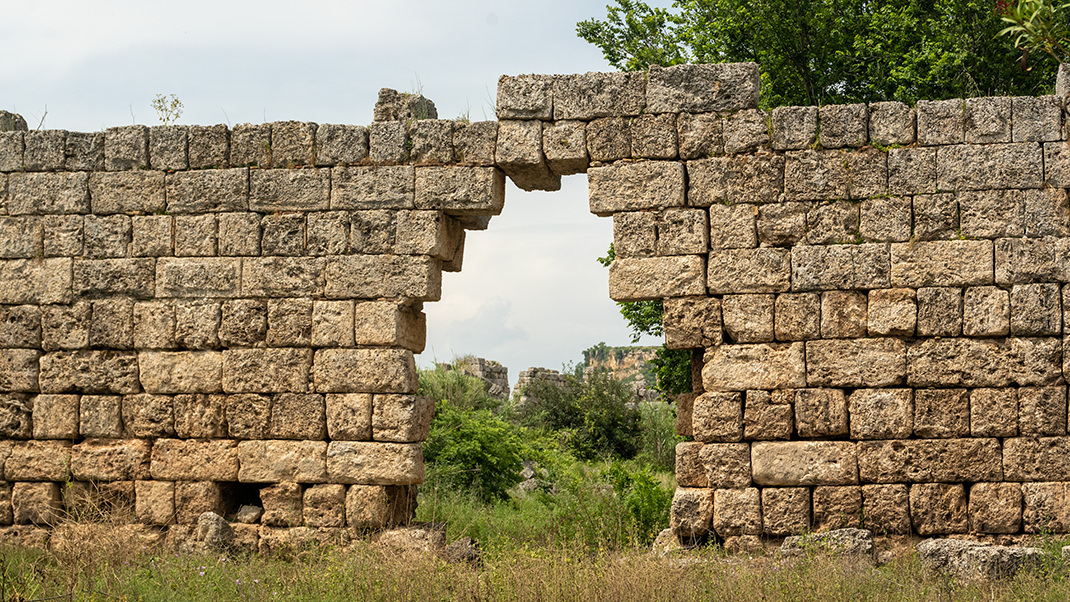
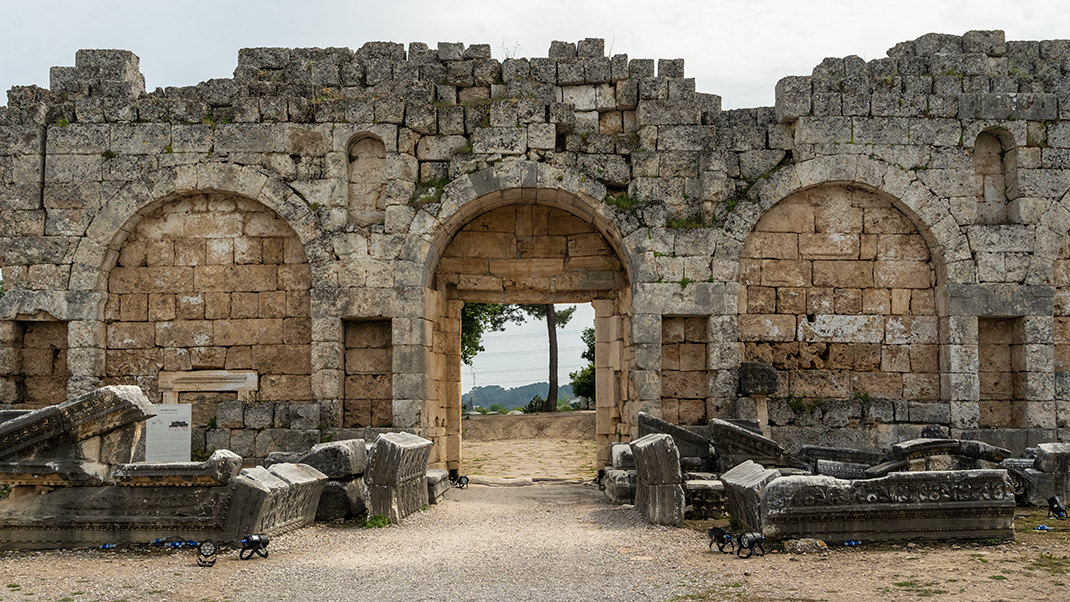
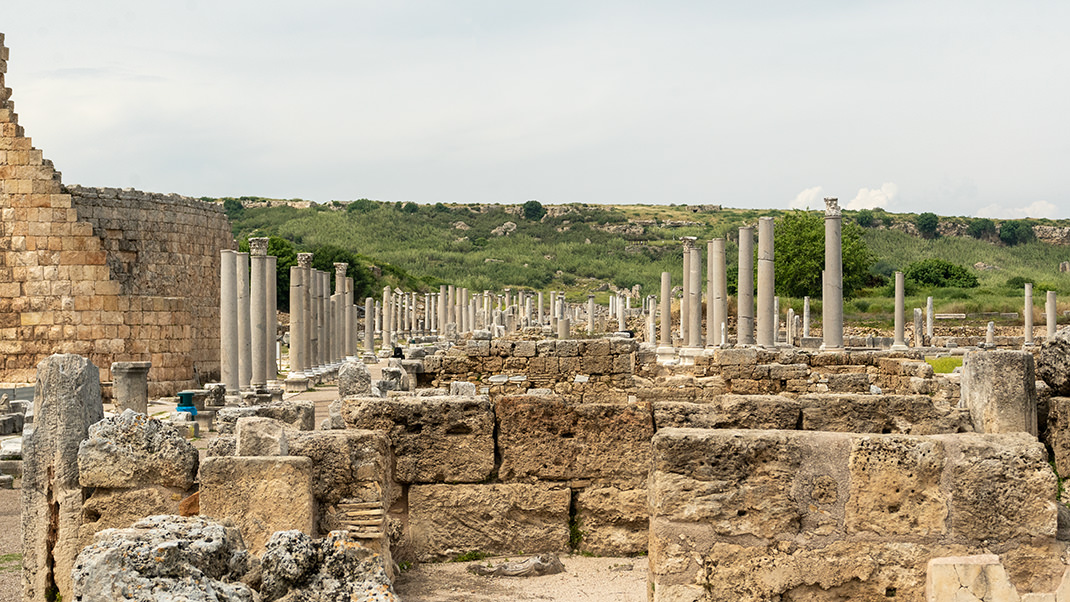
A Bit of History
The history of the city of Perge is enchanting. Settlement in this area is believed to date back to the Hittite Kingdom (existing in the 18th–12th centuries BCE). The book on ancient Turkish cities mentions that the city traces its history back to the fourth millennium BCE, potentially making it around 6,000 years old.
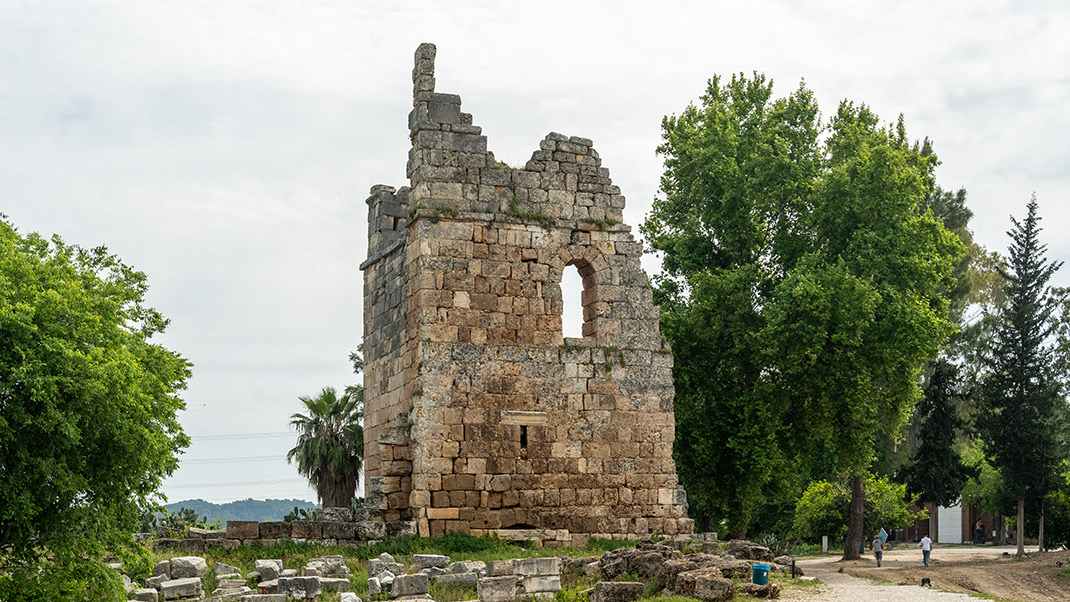
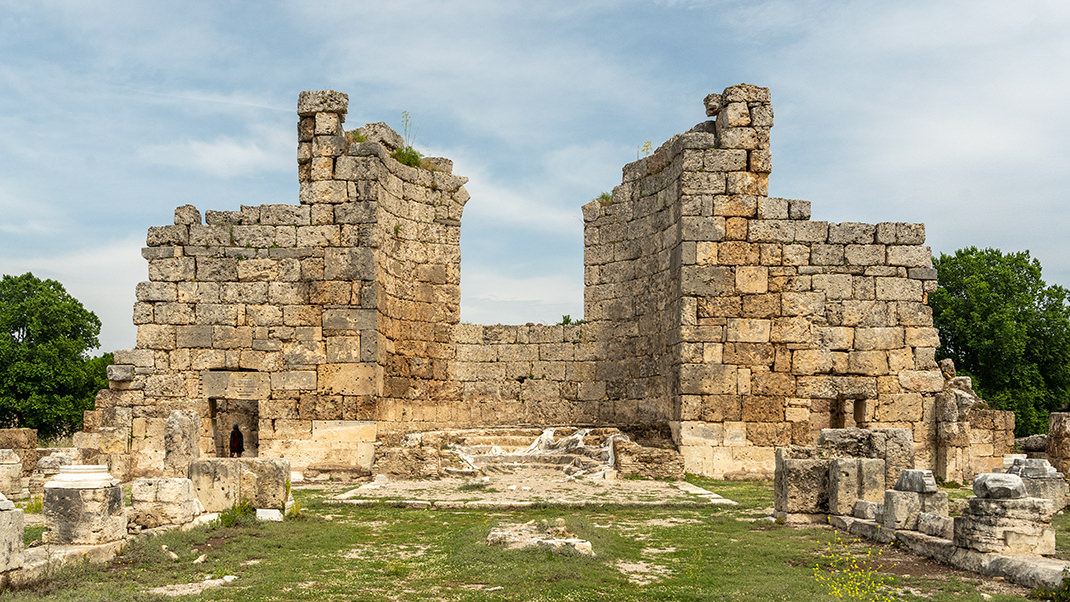
Perge was a port city, its residents more merchants than warriors. When Alexander the Great arrived, the city immediately submitted to him without a fight. At that time, there were no fortification walls.
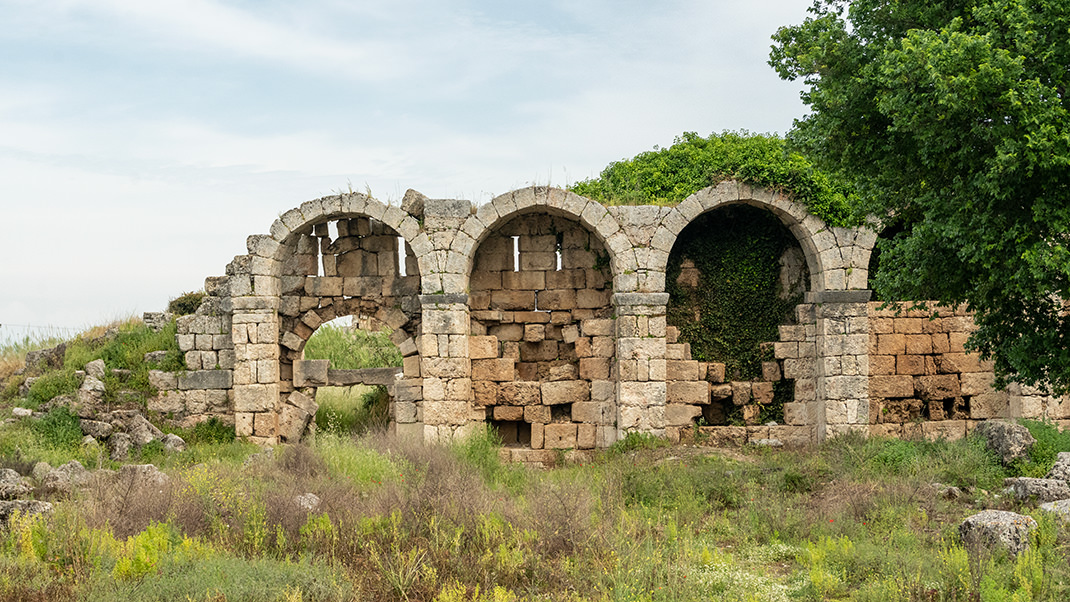
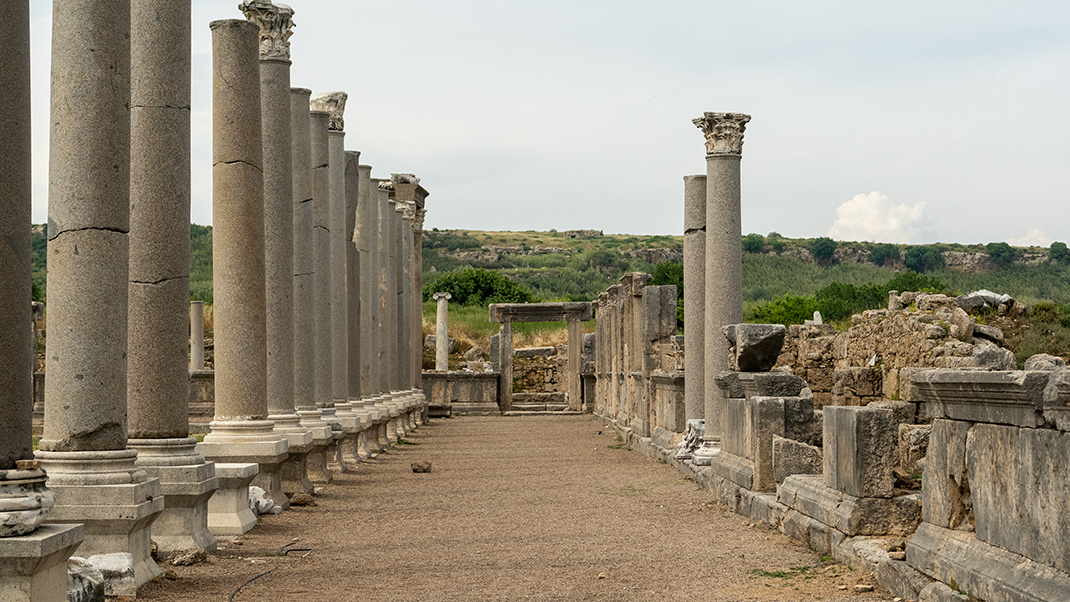
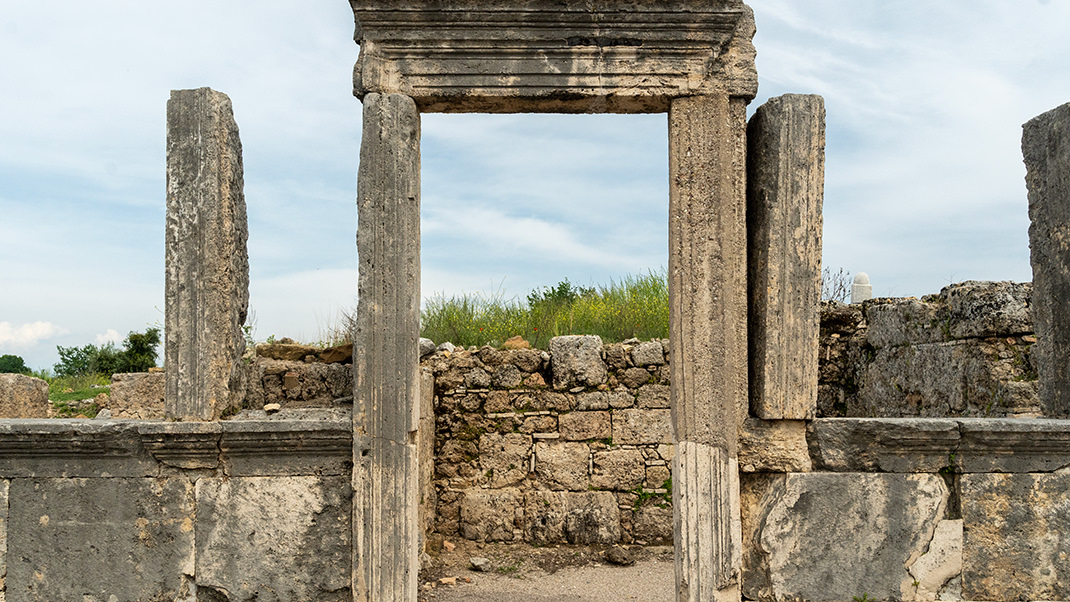
Throughout its long history, the city of Perge experienced several periods of rise and fall. The informational board at the museum entrance states that the Hellenistic period of the 3rd–2nd centuries BCE is considered the first stage of prosperity.
The city of Perge is considered an important place in the history of Christianity. It is believed that the apostle Paul visited the settlement multiple times. References to the so-called St. Paul Trail—a roughly 500-kilometer-long hiking route—can be found on the internet. The starting point of such journeys is here, in Perge.
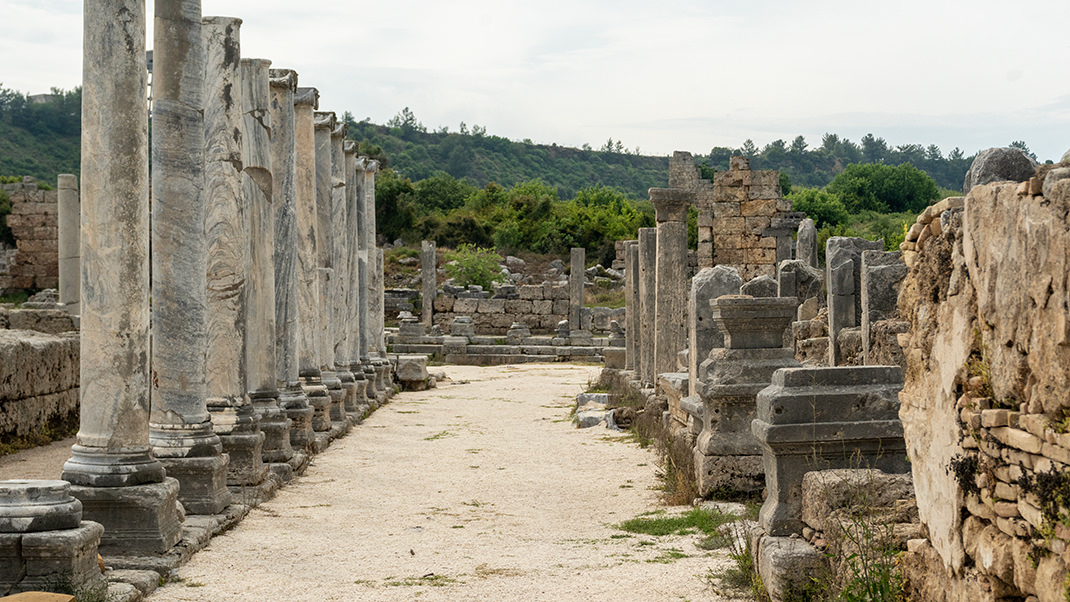
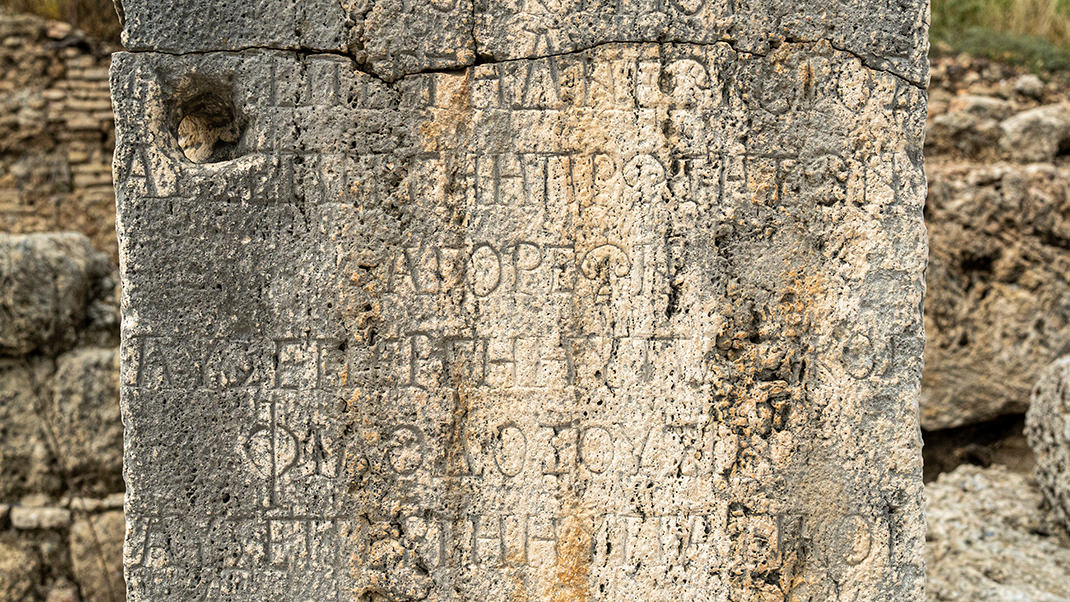
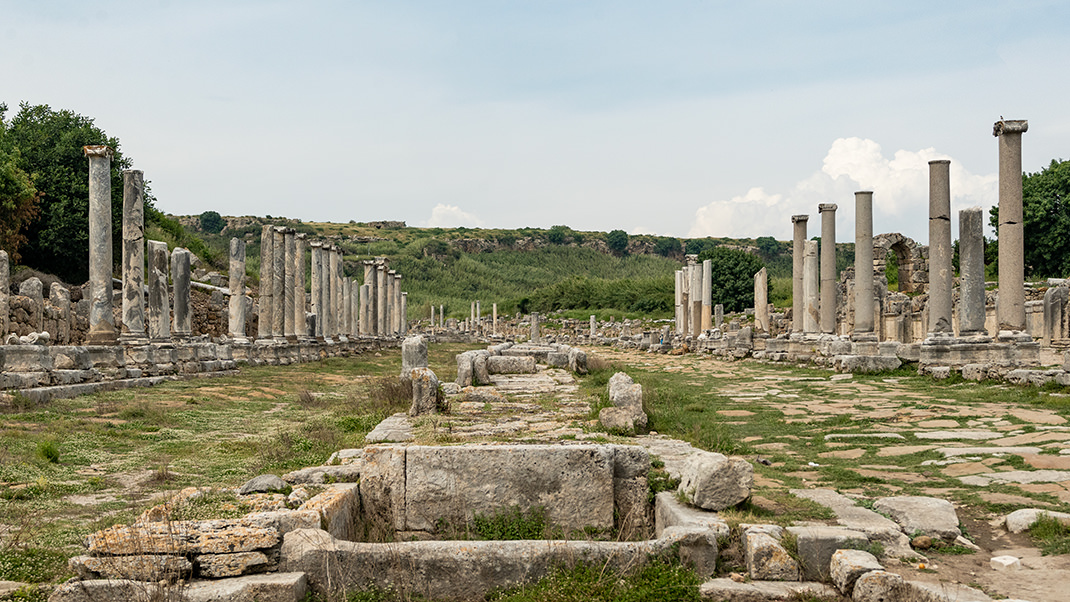
Perge is not only interesting for the ruins of numerous buildings that once stood here. In the past, the city was one of the most important centers for creating sculptural works. Samples discovered during archaeological excavations are now preserved in the Antalya Museum.
Research and excavations in the ancient city have been ongoing since 1946. In modern times, this unique complex has been included in the UNESCO World Heritage List.
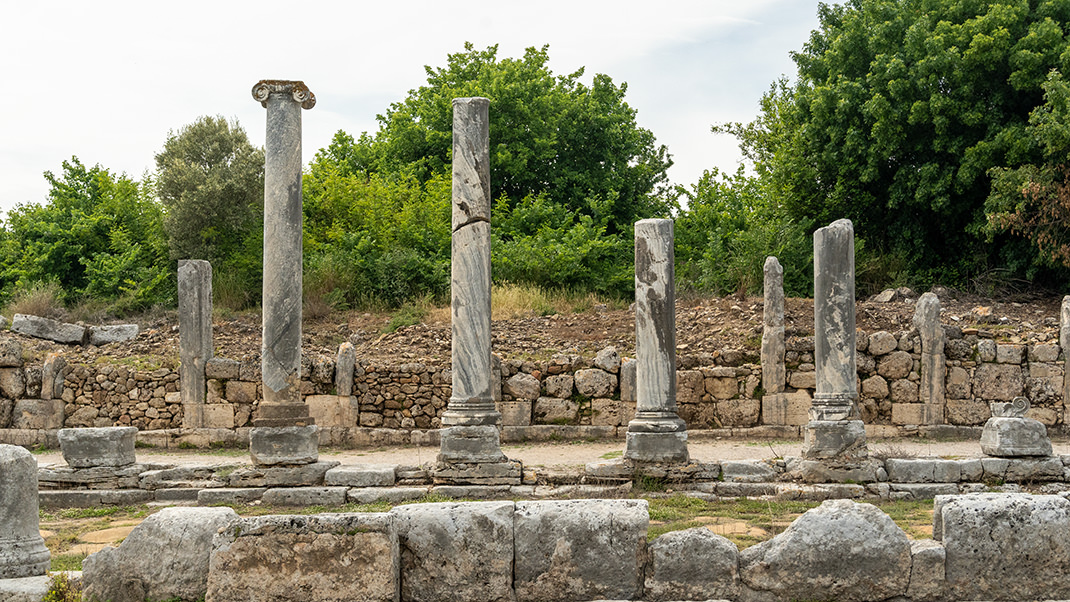
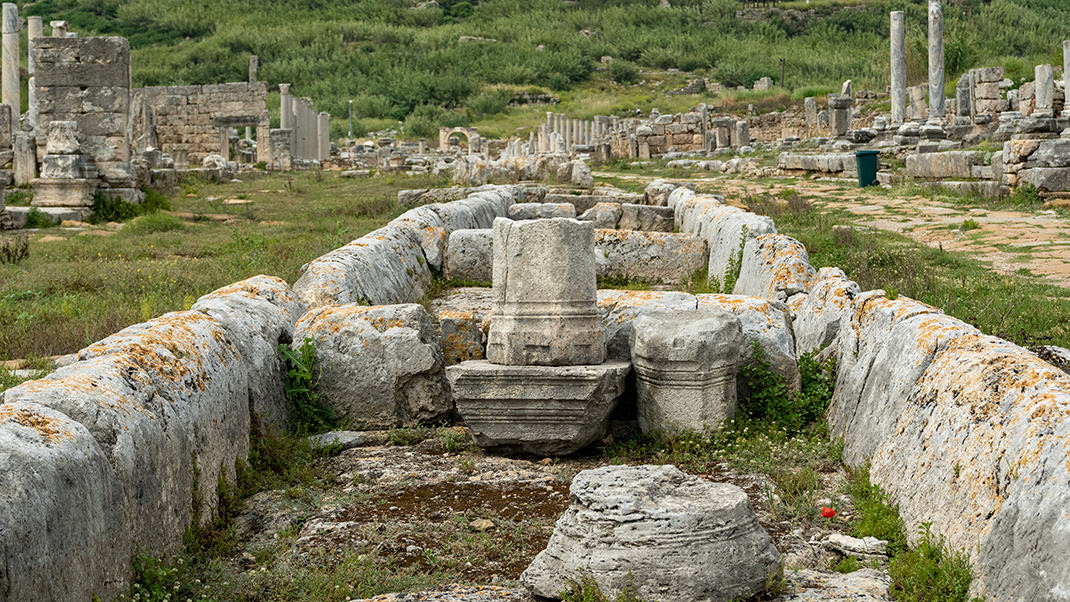
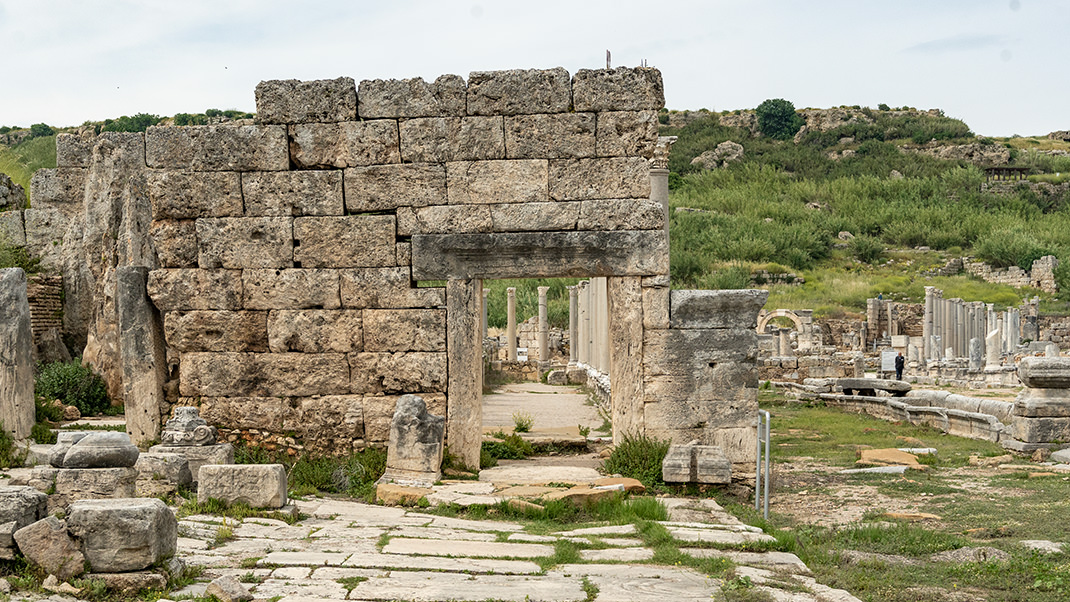
Today, I've shared the history of ancient Perge with you. In the next article, I'll mention the structures that once existed in the settlement and discuss the objects you can see in the museum complex today.
Have a nice trip!


